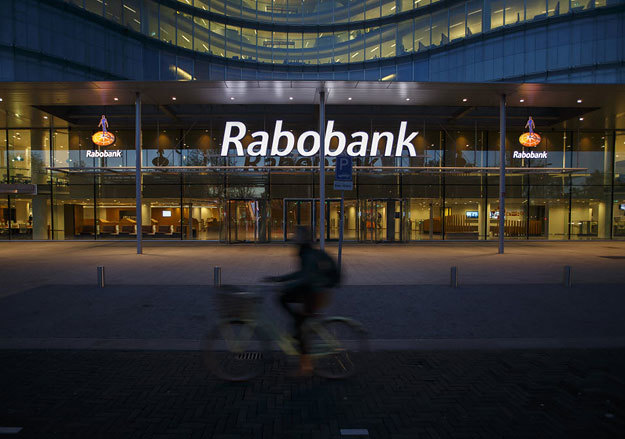Rabobank: Pork Production Setbacks Slow Growth, Increasing Prices and Returns

Global hog prices are sharply higher in most markets, as processors scramble to find adequate supplies. Higher disease losses in key growing regions, along with the lagged impact of industry liquidation during the pandemic, have limited available hog supplies.
Rabobank expects a gradual recovery in the herd, yet higher raising costs and demand uncertainty are expected to moderate the pace of growth. Lower production expectations have left the market short of pork, just as demand is beginning to strengthen. The imbalance is driving pork prices sharply higher in many markets, which is slowly being passed through to consumers, contributing to overall inflationary trends.
Highlights from the Pork Quarterly Q2 2021 include:
China
Herd losses due to new ASF outbreaks and health challenges are slowing the recovery. While below earlier expectations, the sow herd is flat vs. 2020 and will expand through year-end as restocking efforts continue. Even with a projected production increase, China remains in a pork deficit and will continue large imports. Demand is weak due to the pandemic and high relative pork prices at retail.
US
Hog prices are up 68% YTD, on tighter supplies of market hogs and strong pork values. Robust demand for hams and bellies, together with lower imports and limited frozen inventory, remains supportive. Labor availability remains a challenge and is contributing to product premiums. High pork prices are weighing on exports and are likely to remain a constraint on volumes.
Europe
EU hog prices have rebounded 22% since the beginning of the year, on tight hog supplies and a gradual improvement in demand. While still well below last year’s export-driven levels (-16% YOY), higher prices will help offset rising feed costs. Even with challenging conditions, production is growing in Spain, Denmark, and the Netherlands to offset slight declines in Germany and Italy. Exports remain strong, despite ASF-related trade bans on German pork.
Brazil
Producers are struggling to offset a 99% increase in feed costs following planting delays and a disappointing first harvest. Weak domestic pork demand, due to pandemic lockdowns and the end of economic stimulus, more than offsets the benefit of record exports, weighing on hog and pork prices.
Read also
Wheat in Southern Brazil Impacted by Dry Weather and Frosts
Oilseed Industry. Leaders and Strategies in the Times of a Great Change
Black Sea & Danube Region: Oilseed and Vegoil Markets Within Ongoing Transfor...
Serbia. The drought will cause extremely high losses for farmers this year
2023/24 Safrinha Corn in Brazil 91% Harvested
Write to us
Our manager will contact you soon



